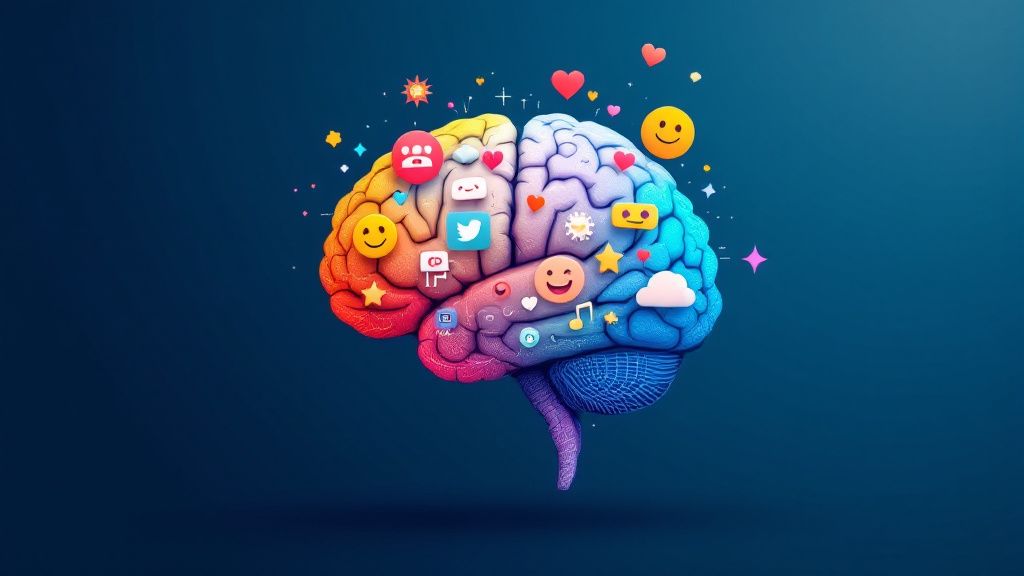Book Free Consult Call
The journey of developing into a strong business leader intricately intertwines with your personal growth. Transformational leadership is at the heart of this evolution, unlocking your potential and creating profound change within your environment. It's through understanding and applying self improvement tips that you start to alter your perspective, leading with authenticity and empathy. Business coaching often serves as a catalyst in this process, offering tailored strategies for your professional development. As you engage with these resources and refine your skills, you develop the capacity to inspire, motivate, and drive your team towards a shared vision. Personal growth not only enriches your leadership but also revolutionizes the way you navigate challenges, making you capable of addressing them with confidence and innovation.

An integral part of becoming a competent leader lies in grasping how personal growth fuels professional advancement. By embracing transformational leadership techniques, you learn to engage not only with your team but also deepen your understanding of your own capabilities. Personal exploration opens doors to discovering new strategies that significantly enhance your leadership style.One of the most commonly inquired aspects of business growth is the relationship between personal development and effective leadership. The answer resides in how business coaching and professional development programs equip you with skills that continuously reshape your leadership approach. These interactions highlight personalized pathways to enrich your decision-making processes and team interactions.Consider how self-improvement tips impact both your personal journey and professional life. The commitment to improving soft skills such as communication and emotional intelligence directly powers your leadership ability. This intersection fosters an adaptive mindset, priming you to handle dynamic business landscapes with finesse.As you traverse this journey of intertwining personal and professional growth, you recognize the strength of the interconnection. Your development spills over into every aspect of leading, offering enhanced clarity in vision and alignment with both individual and organizational objectives. This holistic approach crafts leaders who are not only effective but also resilient in navigating the realms of leadership.

Effective leaders are often distinguished by their ability to adapt and inspire. Attributes such as emotional intelligence, resilience, and open-mindedness set them apart. These qualities enable you to create an environment where transformational leadership can thrive, using empathy and insight to connect with your team on a deeper level. This connection fosters loyalty and motivation, creating a ripple effect of productivity and morale throughout your organization.Communication is another cornerstone of effective leadership. By articulating a clear vision and objectives, you guide your team towards shared goals with precision and clarity. Regularly engaging in business coaching can sharpen these skills, equipping you with diverse strategies to convey your message effectively and ensure everyone is aligned with the organization's mission.An essential trait is the commitment to continuous learning. Integrating professional development as part of your leadership journey keeps you abreast of industry trends and innovations. For instance, in the tech industry, leaders who embrace digital transformation through constant learning lead with confidence in rapidly evolving landscapes. Understanding these shifts empowers you to steer your team efficiently and make informed decisions.Practicing self-improvement tips is crucial for nurturing personal and professional growth. Reflecting on your strengths and areas for improvement allows you to fine-tune your leadership style. This dedication to self-betterment not only influences your performance but also sets a powerful example for your team, encouraging a culture of growth and excellence.Incorporating a blend of strategic vision and adaptability is vital. The ability to pivot in response to changes and effectively manage challenges ensures you remain steadfast in your leadership role. Cultivating these characteristics enables you to build a resilient and forward-thinking team, poised to achieve remarkable success. Recognizing and nurturing these traits enhances your influence, creating a dynamic and innovative workplace.

How does cultivating emotional intelligence transform business leadership? It acts as a catalyst for compassionate and understanding interaction within your team. By keenly perceiving and managing your emotions and those of others, you create an environment where openness and trust flourish. This can lead to more effective communication and conflict resolution, creating a harmonious workplace where transformational leadership can emerge and thrive.Emotional intelligence is integral in developing empathy, allowing you to relate to your team members' experiences and challenges. This empathetic approach not only enhances your leadership effectiveness but also fosters a supportive culture. Through business coaching, you can learn practical techniques to strengthen this skill, enabling you to address team needs with sensitivity and insight.Incorporating emotional intelligence into professional development plans can significantly enhance your leadership journey. By prioritizing emotional awareness alongside technical skills, you ensure comprehensive growth. Engaging with self improvement tips, such as active listening and reflective thinking, further supports this development, refining your ability to motivate and inspire those around you effectively.A keen sense of emotional intelligence helps in transforming decision-making processes. By considering the emotional impact of your choices, you align decisions with the overall well-being of your team. This approach encourages a sense of unity and shared purpose, driving your organization towards collective goals. The result is a resilient and forward-focused team equipped to harness challenges and opportunities alike.In the realm of business leadership, emotional intelligence is a powerful tool. It not only enhances your interactions but also elevates the entire organizational climate. By cultivating emotional intelligence, you are better positioned to influence a positive trajectory of growth and achievement for both yourself and your team, aligning collective efforts towards achieving strategic objectives and fostering a supportive and dynamic environment.

Developing a growth mindset enables you to approach challenges as opportunities for learning and improvement. This perspective shifts your focus from fearing failure to embracing the potential for progress. By viewing setbacks as stepping stones, you cultivate resilience and determination, essential qualities for effective business leadership and personal development. This mindset fuels continuous improvement, incubating an environment where transformational leadership can thrive.Looking at a growth mindset through the lens of adaptable learning, you can leverage business coaching to uncover and harness new skills. This approach encourages you to take calculated risks, fostering innovation and creativity within your team. By embracing change and uncertainty, you become a more dynamic leader, capable of navigating complex business landscapes with confidence.Incorporating self improvement tips into your routine further solidifies the growth mindset. Practices such as setting ambitious yet achievable goals and reflecting on experiences bolster your commitment to personal development. As you progress, this mindset encourages both you and your team to expand your capabilities, ultimately enhancing the overall organizational performance and the satisfaction of achieving shared goals.

Embracing change and innovation equips you to lead effectively in an ever-evolving business landscape. Recognizing the necessity to adapt, you open pathways for creativity and transformative progress in your organization. This adaptability is a cornerstone of transformational leadership, where encouraging innovative thinking among your team can lead to pioneering solutions and enhanced productivity.According to recent studies, neural plasticity—the brain's ability to reorganize itself by forming new neural connections—explains how embracing change enhances problem-solving skills. As you challenge your thought processes and encourage new ideas, your cognitive flexibility increases, making it easier to navigate complexities. This scientific finding underscores the importance of cultivating a mindset that welcomes change.Incorporating business coaching and professional development into your strategy can further support this adaptability. These resources provide the tools and perspectives to effectively implement innovation within your team. Through self improvement tips, you continually refine your ability to lead change, fostering an environment where innovation becomes a shared goal. By nurturing this culture, you position your organization for ongoing success and growth in a competitive market.

Strategies for continuous learning involve integrating new knowledge expeditiously and effectively into your leadership approach. Engaging in professional development activities strengthens your capacity to adapt and grow, ensuring that both you and your organization remain competitive. These strategies enrich your journey of personal growth, enhancing your ability to steer your team towards success with clarity and purpose.A key component of continuous learning is seeking opportunities for business coaching. This focus provides targeted guidance and a personalized approach to skill refinement, helping you address specific challenges within your leadership role. By adopting transformative learning techniques, you can keep your team motivated and aligned with emerging industry trends.Looking ahead, continuous learning is expected to evolve in the following ways, integrating more technology-driven solutions like virtual reality training and AI-based analytics. These advancements will offer nuanced and customizable learning experiences, facilitating a deeper engagement and understanding of complex concepts. As you embrace these future learning strategies, you position your organization to thrive amidst ongoing innovation and transformation. This proactive approach to learning ensures you remain at the forefront of leadership excellence.
Stay up to date on all things business, stratgey, leadership growth, and more by subscribing to the TruNorth Newsletter.